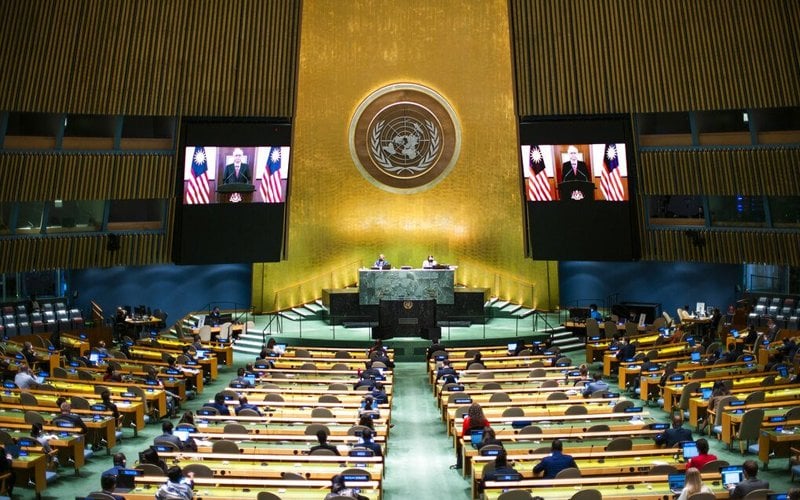
PETALING JAYA: The United Nations recently adopted a landmark treaty to protect the high seas, which cover more than 60% of the world’s oceans, and to preserve marine biodiversity in international waters.
The treaty was adopted on June 19, following an agreement in March between more than 100 countries on the text of the document.
It will be open for signature for two years from Sept 20 and will come into effect after 60 countries ratify it.
FMT takes a look at the significance of the treaty and why Malaysia should ratify it.
Protecting high seas, marine biodiversity
The document, officially known as the Treaty on Biodiversity Beyond National Jurisdiction, recognises the need to address biodiversity loss and degradation of ocean ecosystems in a coherent and cooperative manner.
Falling under the UN Convention on the Law of the Sea, which came into force in 1994, the treaty is aimed at resolving issues such as the rising temperature of ocean waters, pollution, acidification, and overfishing, as part of a larger goal of protecting 30% of the world’s oceans by 2030.
Measures may include placing limits on fishing activities, deep-sea mining and other exploration activities that could be harmful to marine biodiversity.
The treaty will apply to waters beyond national economic zones, which extend to a maximum of 370 nautical kilometres from shore, and empowers nation-states that ratify it to create protected marine areas in international waters.
It also contains a provision for countries to share marine genetic resources, collected through scientific research in international waters.
Benefits of ratifying treaty
Afandi Nor Azmi of the Institute of Strategic and International Studies Malaysia said the treaty provided a platform and opportunity for Malaysia to strategically position itself as a “leader in global diplomacy on biodiversity”.
“Not ratifying the treaty can affect Malaysia’s reputation, especially since Malaysia has international stature for its biodiversity,” he told FMT.
He said Malaysia is among the world’s 12 megadiverse countries, and had played an active and leading role in various biodiversity-related multilateral agreements in the past, with prominent roles in pushing for the Convention on Biodiversity in 1994 and the Nagoya Protocol on Access to Genetic Resources.
Afandi said the treaty would also provide new rules for environmental impact assessments of commercial activities on the high seas that could affect Malaysia’s ocean ecosystem.
James M Dorsey, a senior fellow of the S. Rajaratnam School of International Studies in Singapore, said there was international consensus that the conservation of marine biodiversity was crucial to environmental sustainability efforts.
He said Malaysia would be wise to ratify the agreement as it would be seen as part of global efforts to preserve marine biodiversity.
With Singapore already stating that it will ratify the agreement as soon as it opens for signature on Sept 20, attention will turn to Malaysia to follow suit. - FMT



No comments:
Post a Comment
Note: Only a member of this blog may post a comment.